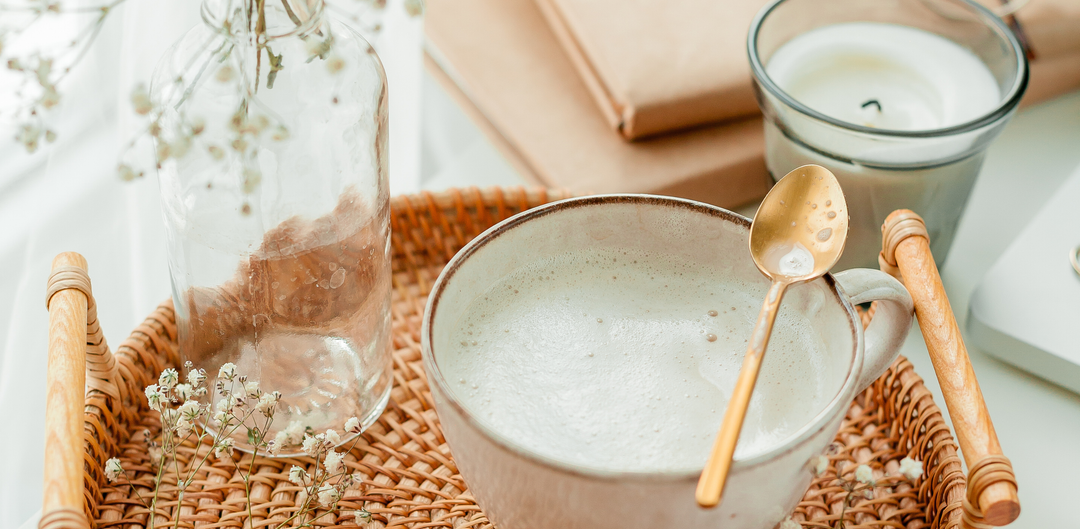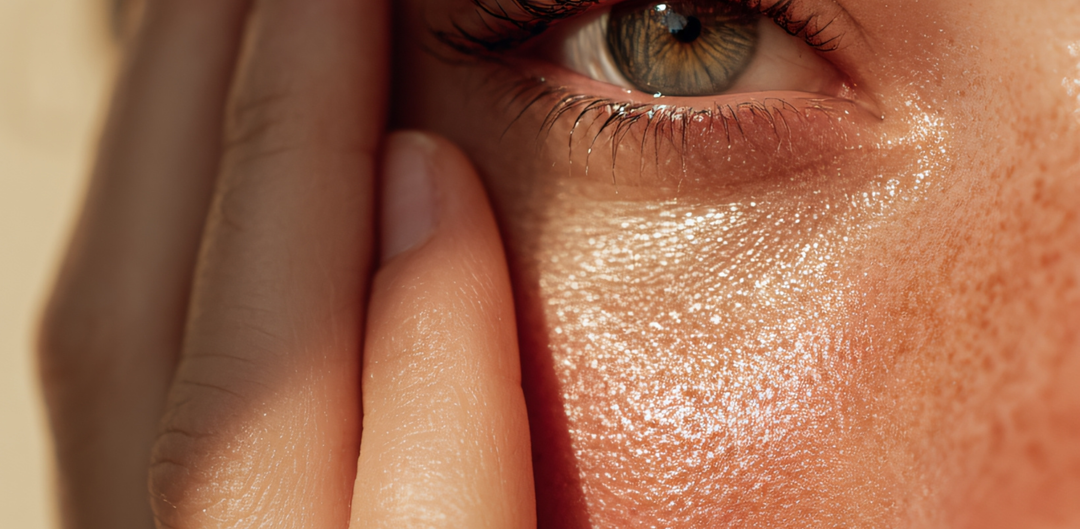Chapter Five - Friday
Written by Kirsty Harkness
As we settled into the hospital routine, we had set days for surgery, but Fridays were different.
Fridays didn’t smell like surgical theatre and iodine and sweat. They smelled like sun-warmed earth and dust and the sharp metallic tang of hundreds of exposed arms waiting to be pierced.
Every Friday, we ran the tetanus vaccination clinic.
The courtyard would start filling before dawn. Mothers wrapped in traditional fabric, babies strapped to their backs, toddlers hanging from their skirts. Some had walked for hours. Some for days. By mid-morning, there’d be a line of nearly three hundred women snaking around the hospital grounds, waiting quietly, stoically, for their turn.
No one shouted. No one pushed. No one needed to be reminded why they were there.
Because here, tetanus didn’t come from a rusty nail or an old wound forgotten under a Band-Aid. Here, tetanus was born in childbirth. In ritual and tradition. Many of these women had undergone female circumcision as young girls, performed by village Mkoba’s with dirty blades and no anaesthetic. When they grew up and gave birth, their bodies had to be cut open again, and then sewn shut. Not in a clean theatre, but by hand, in a hut, with rusted instruments and old thread.
The wounds became gateways. Some babies caught the infection too. We lost mothers. We lost newborns. It was the kind of tragedy that didn’t make the news. It just soaked into your heart and soul.
After seeing too much of this tragedy, Lily started the vaccination program.
She was the engine behind it. Calm and organised. She coordinated the vaccine deliveries, most of which were sent from a church and hospital in Ireland that supported us through our surgeon Seamus. She monitored the stocks, and kept it going even when we had to improvise with needles older than me. Jess and I happily took on the role of vaccinators.
In the hospitals I was used to back in New Zealand, we would use disposable syringes. One per person, then discard. Clean, simple, safe.
But here, where supplies were more precious and rarer than diamonds, we had to improvise and do things the old fashioned way.
We washed them.
We ran them through boiled water, rinsed them again, then sterilised them in an old pressure cooker over an open fire behind the hospital. It wasn’t ideal. But it worked.
Most of the needles were dull. Reuse had blunted the tips. The women’s skin, sun-thickened and tough, didn’t make it any easier. Sometimes I had to stab them like darts, pressing hard enough to break through. Other times, I’d get lucky with a sharper needle, or a woman whose arm was soft and thin, and occasionally the needle would shoot in so fast it hit bone.
Agh. I hated that feeling. The sickening jolt of it. The woman would flinch, sometimes grunt! But never complain. I would complain as it bruised my nursing pride to let that happen. But not them. They understood why we were there. They trusted us and that trust felt heavy.
We worked through the line, one after another, sweating in the heat, our hands sore from the repetition. My fingers would cramp from drawing up the vaccine, my back would ache from bending over the small chair we had in the shade of the hospital veranda, and still we pressed on.
There were no breaks on a Friday, not til the line was gone. No lunch. Just a thermos of lukewarm water and a few bread rolls tucked under the desk.
By the end of the day, my arms would be shaking. But my heart would be full. Because these women weren’t numbers. They were mothers, daughters, sisters… carrying babies on their backs, and love for their families in their being.
They laughed. They smiled. Sometimes they’d sing as they waited, harmonies rising like incense into the heat.
We gave all we had. No autopilot. No half-efforts.
Every injection counted. Every drop mattered. Every woman valued.
It wasn’t just medicine. It was a rhythm of hope, pulsing through each arm and body.
A quiet declaration that survival wasn’t a privilege, it was a right.
And every Friday, under the sun, they reminded me of what resilience looked like.
Chapter Six coming soon...
Start from the beginning: Chapter One
To protect privacy, names have been changed but these are all true stories.
With thanks to my editor and sounding boards. Sometimes it takes another set of eyes to help find the right words. I’ve always been better at feeling a story than finessing every sentence.
Glossary Note: Zaire
At the time of this story, the country now known as the Democratic Republic of the Congo (DRC) was officially called Zaire. From 1971 to 1997, the nation bore that name under the rule of President Mobutu Sese Seko. Today, the same region is referred to as the DRC, but for historical accuracy and personal authenticity, I’ve used “Zaire” throughout this book to reflect the time and place as I experienced it.
About the Author
Kirsty Harkness is the founder of Hark & Zander, a premium natural skincare brand inspired by care, courage, and connection. Before launching her business, Kirsty worked as a nurse, photographer, and vineyard owner — a path that’s taken her from remote African hospitals to the heart of New Zealand’s wine country. Founder’s Footsteps shares true stories from a very different life, written for her daughter and anyone who’s ever felt the pull of purpose, people, and place.





